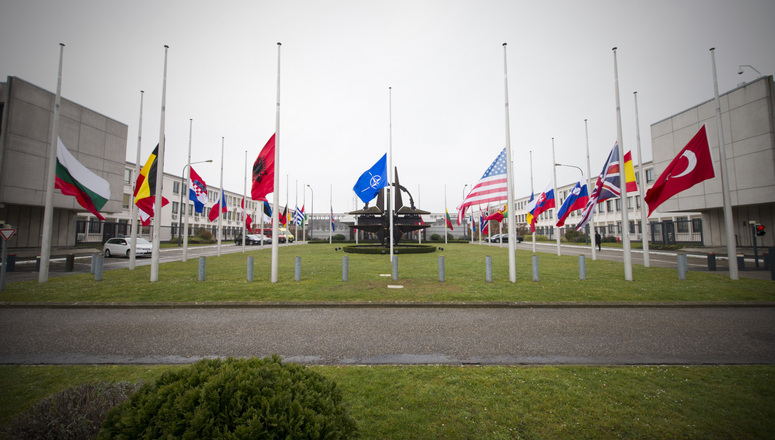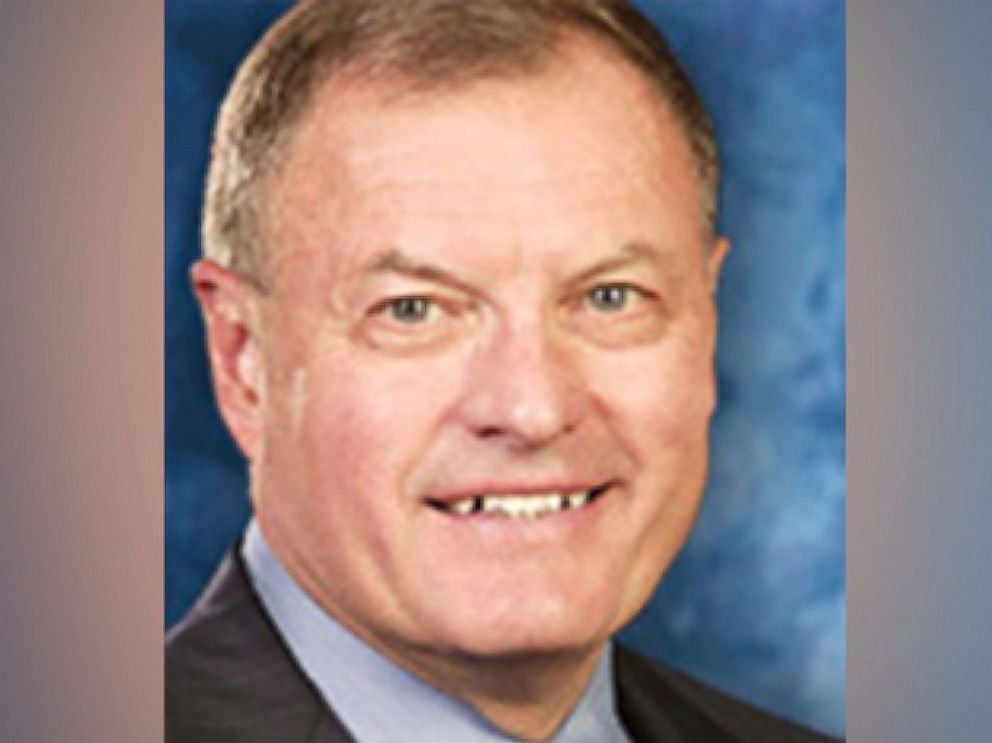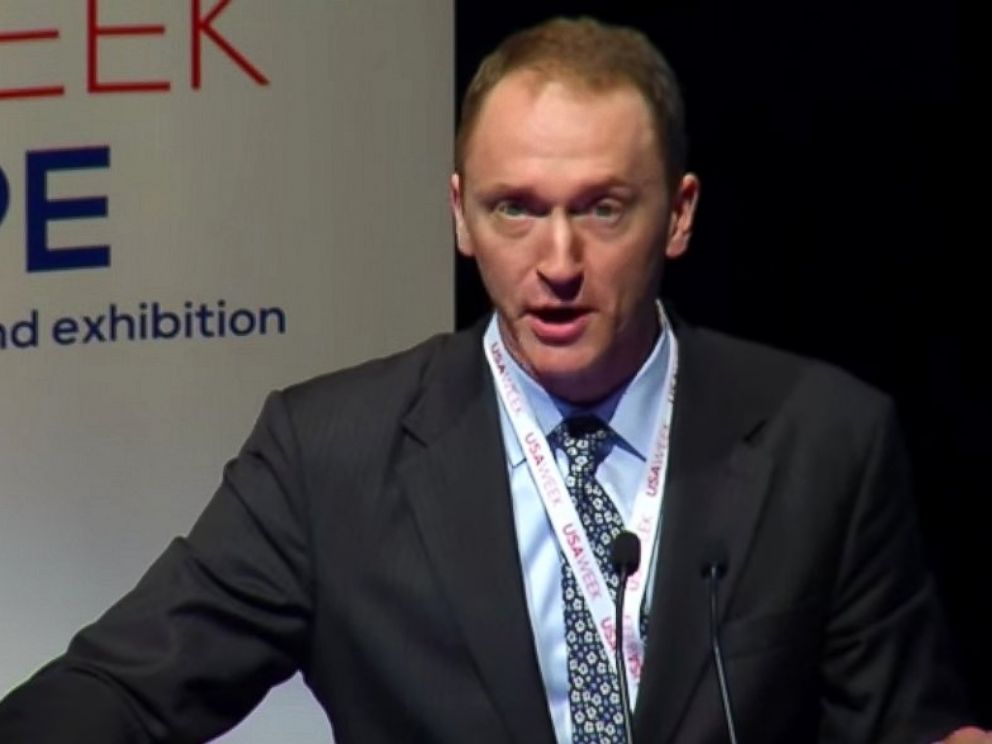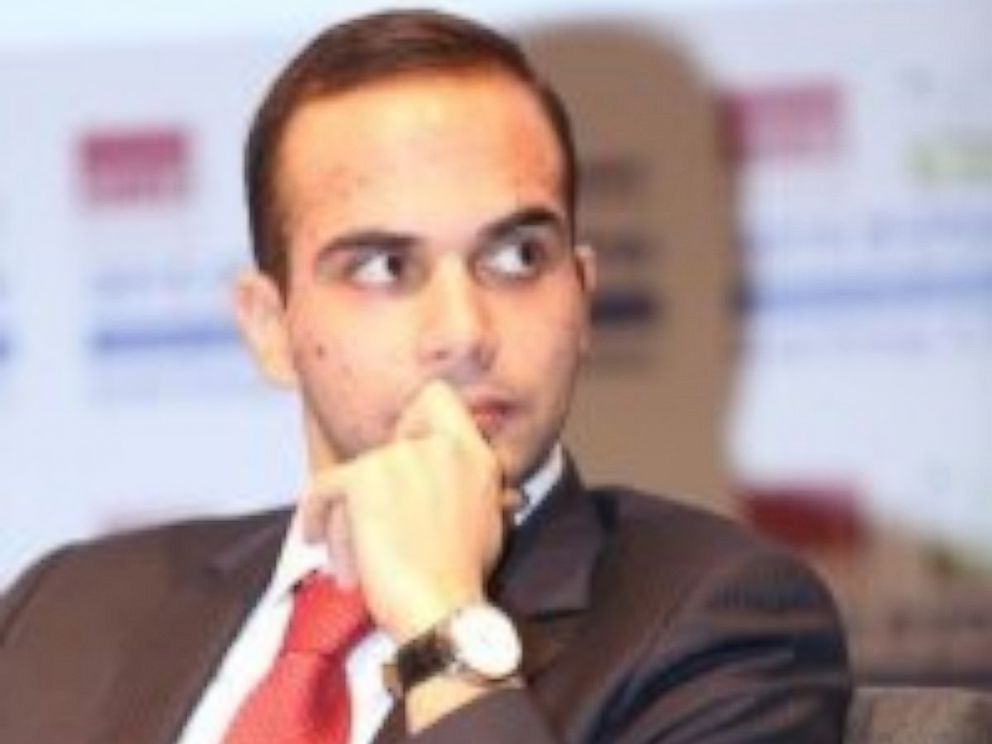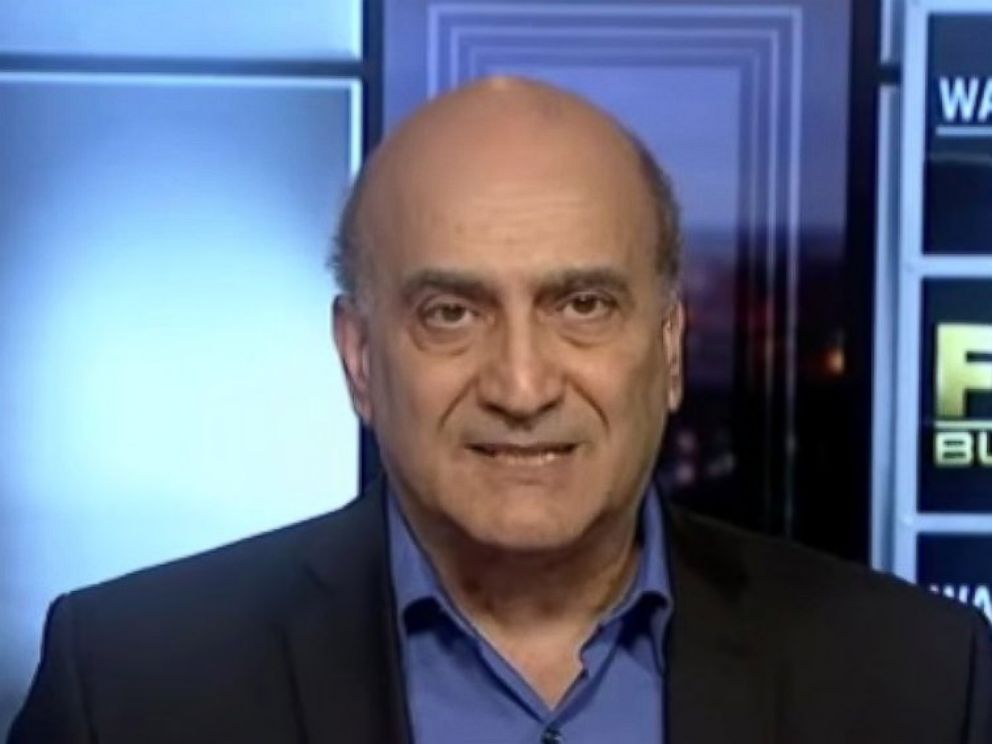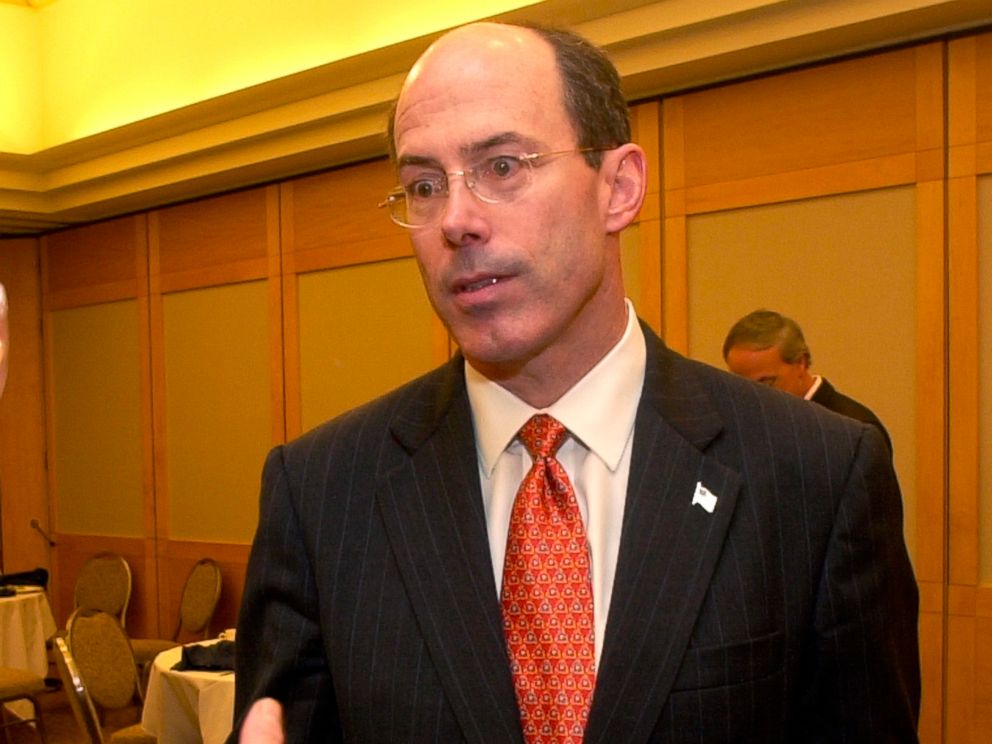Trump, in an interview
summarized
by the Washington Post, "said [that] he advocates a light footprint
in the world," and that "in spite of unrest abroad…the United states
must look inward and steer its resources toward rebuilding domestic
infrastructure."
When asked about his views on the NATO alliance, Trump explained that
while he sees "NATO as a good thing to have," he doesn't understand,
for example, why the United States has to lead the alliance
into dangerous adventurism, which in the case of Ukraine has led to the
risk of a direct military confrontation with Russia.
Focusing on the situation in Ukraine, where Washington and Brussels have blamed Russia for the country's civil war, Trump
asked why the countries more directly affected aren't doing more to try and resolve the conflict.
"Ukraine is a country that affects us far less
than it affects other countries in NATO, and yet we are doing all of the
lifting, they're not doing anything. Why is it that Germany is not
dealing with NATO on Ukraine?…Why are we always the one that's leading,
potentially the third world war, okay, with Russia?"
More
broadly, the Republican frontrunner questioned the economic logic
behind Washington's military commitments across the globe. "NATO is
costing us a fortune and yes, we're protecting Europe, but we're
spending a lot of money."
The same, he said, is true of US involvement in Korea. "South Korea
is [a] very rich, great industrial country, and yet we're not reimbursed
fairly for what we do. We're constantly sending our ships, sending our
planes, doing our war games –we're reimbursed a fraction of what this is
all costing."
Worldwide, Trump suggested, "if you look
at Germany, if you look at Saudi Arabia, if you look at Japan, if you
look at South Korea – I mean we spend billions of dollars on Saudi
Arabia, and they have nothing but money. And I say, why?…When you look
at the kind of money that our country is losing, we can't afford to do
this. Certainly we can't afford to do it anymore."
Ultimately, the candidate emphasized that while he would not pull the
US out of the NATO alliance, at the same time, "the distribution
of costs has to be changed."
Is Trump Being Genuine?
Some analyses, including a
commentary by Sputnik,
have questioned the true extent of Mr. Trump's support
for non-interventionism, pointing to a list of foreign policy advisers
he provided to The Washington Post during his Monday interview.
This team, Sputnik's commentary said, "includes
a string of individuals deeply invested in the military industrial
complex." Subsequently, it concluded, "Trump may claim that he seeks
to reign in US adventurism, but based on the records of his chosen
advisers, a Trump presidency would likely mean business as usual."
If this is the case, the question that arises is why the
neoconservative elements of the Republican Party are so infuriated
with Trump that they are willing to sink their own party's chances
in 2016 in order to stop him.
In op-ed published Monday, paleo-conservative commentator Pat
Buchanan pointed to a string of plots by the neocons to steal the
nomination from Trump, and failing that, to torpedo his candidacy in the
November election.
"Last week came reports of another closed conclave of the 'Never Trump' cabal at the Army and Navy Club in DC," Buchanan
wrote.
"Apparently, William Kristol [the co-founder of the Project for the New
American Century, a think tank whose members held top positions in the
George W. Bush administration], circulated a memo detailing how to rob
Trump of the nomination, even if he finishes first in states, votes, and
delegates."
"Should Trump win on the first ballot,
Kristol's fallback position is to create a third party and recruit a
conservative to run as its nominee. Purpose: Have this rump party siphon
off enough conservative votes to sink Trump and give the presidency
to Hillary Clinton, whose policies are more congenial to the neocons and
Kristol's Weekly Standard."
©
AP Photo/ Andrew Harnik
Ultimately,
Buchanan suggested, "if the oligarchs, neocons, and Trump-loathers,
having failed to stop him in Cleveland, collude to destroy the GOP
ticket in the falls, they have a chance of succeeding," but only at the
cost of a serious rupture in the Republican Party, and their own slide
into obscurity and irrelevance, one which would last long beyond the
2016 election cycle.
Over the past two months, Buchanan's commentary has been
echoed by other conservatives, including
libertarian Republicans, and by the neocons themselves, who have gone so far as to hysterically
suggest that a Trump presidency would mark "the end of the West as we know it."
Therefore, while it is entirely possible that Trump, were he to win
his party's nomination and go on to win the presidency, would adopt a
foreign policy just as militaristic and adventurous as that of his
predecessors. However, if that is the case, why is it that the top
neoconservative Republican strategists feel so threatened by his foreign
policy proposals that they are willing to jump ship and support the
Democrats? Is it all just a political act?


